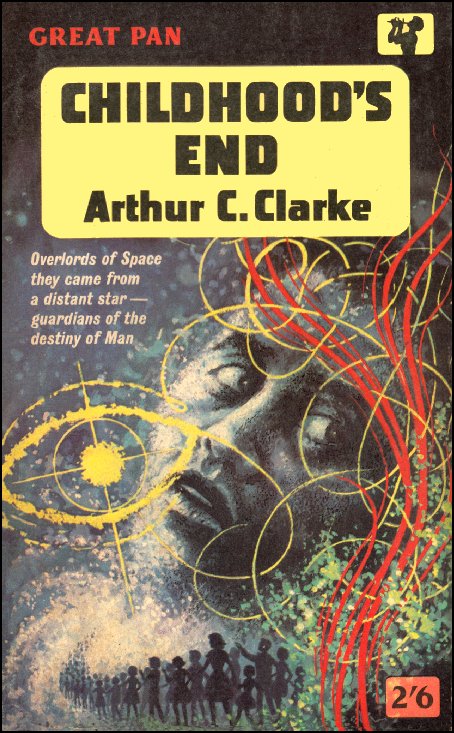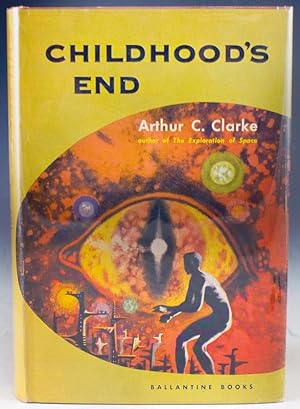

And since Clarke is considered one of the grandfathers of sci-fi as we know it, well, you'd best get reading. Even though it didn't win, it is still widely considered one of Clarke's best novels. The novel didn't win a Hugo award (there were no awards that year), but it was nominated for a Retro Hugo award offered in 2004. Published in 1953, Childhood's End became Clarke's first successful novel and began his ascension to science fiction stardom. But why? Did these aliens really travel across the universe to play intergalactic charity workers… or do they have ulterior motives? Instead, they promote world peace, technological growth, and impose only a few parental rules over the world.

But they don't blow anything up-no famous buildings, no military bases, not even a bridge. The alien invaders this go-around pop into Earth's atmosphere one day and say the Earth is under new management: theirs. Turning the classic alien invasion story on its head, Clarke first wrote about his dreamed future in 1950 in a short story called "Guardian Angel." And years later, he reworked this short story to serve as Part 1 of Childhood's End.


The sight caused him to "banish all thoughts of the present peril" (P.16), and imagine the future. During World War II, Clarke saw barrage balloons floating above London, looking like UFOs hovering over and protecting the metropolitan area from Nazi air raids. What would technologically advanced aliens want so badly that they'd travel parsecs to Earth, the universe's version of the boonies? Technology? Resources? Slaves? Someone to talk with? There have got to be easier ways to get that stuff.Įnter Arthur C. And you know what? It doesn't make any sense. We all know the story: Aliens come down in their flying saucers, blow up a couple historic monuments with their ray beams, kill the world leaders in a peace conference-turned-devious-trap, and yet mankind survives, often through scientific ingenuity or dumb luck.


 0 kommentar(er)
0 kommentar(er)
